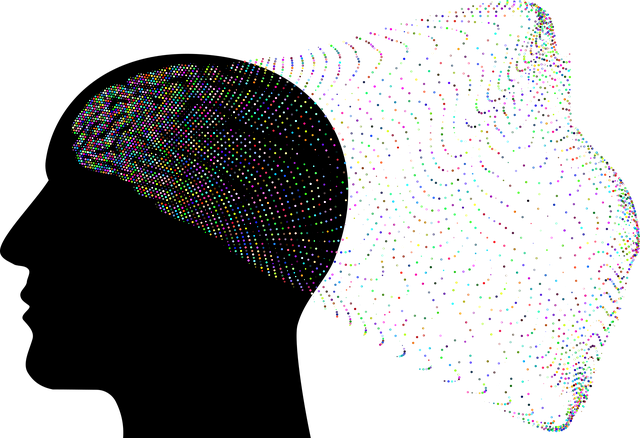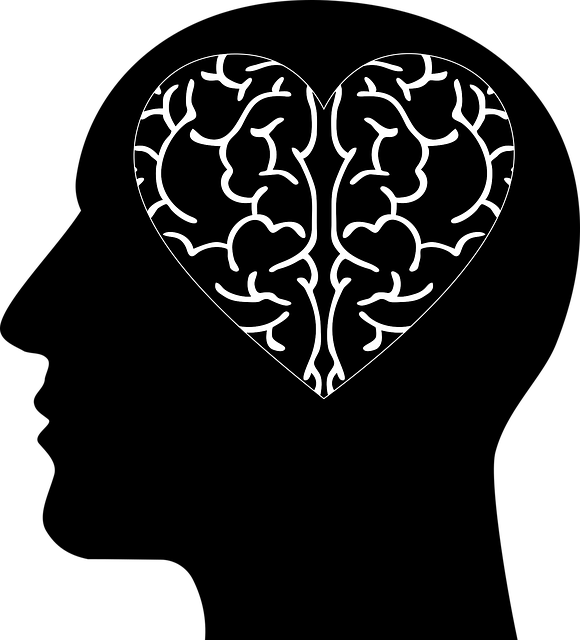Westminster Neuro Disorders Therapy recognizes that understanding cultural diversity is crucial for effective mental health care in today's diverse society. They prioritize cultural sensitivity, offering continuous training and initiatives like Social Skills Training and Community Outreach to bridge communication gaps, build trust, and tailor care for clients from various backgrounds. This approach enhances therapeutic outcomes, prevents burnout among providers, and contributes to a more equitable healthcare system, addressing the unique needs of diverse communities.
In today’s diverse society, cultural sensitivity is paramount in mental healthcare. The ability to understand and respect various cultural beliefs and practices significantly enhances patient outcomes. This article explores the intricate aspects of cultural diversity in mental health care, delving into challenges like language barriers and stigma, while highlighting strategies employed by Westminster Neuro Disorders Therapy to foster inclusive care. We also discuss the manifold benefits of cultural competence, emphasizing its pivotal role in creating supportive environments for all patients.
- Understanding Cultural Diversity in Mental Health Care
- Challenges and Barriers to Culturally Sensitive Practice
- Strategies for Incorporating Cultural Sensitivity at Westminster Neuro Disorders Therapy
- Benefits of Cultural Competence in Mental Healthcare Settings
Understanding Cultural Diversity in Mental Health Care

Understanding Cultural Diversity in Mental Health Care is a cornerstone of effective treatment at Westminster Neuro Disorders Therapy. In today’s diverse society, mental healthcare practitioners must recognize and appreciate the myriad of cultural backgrounds their clients represent. This involves not just tolerating differences but actively embracing them to create inclusive environments that foster trust and understanding. By integrating cultural sensitivity into practice, therapists can better navigate the unique challenges faced by individuals from various ethnic, racial, religious, and socioeconomic groups.
Cultural Sensitivity in Mental Healthcare Practice enables practitioners to tailor their approaches, ensuring techniques and interventions resonate with clients’ beliefs, values, and experiences. This personalized care extends beyond words; it encompasses non-verbal cues, language choices, and even the physical layout of therapy spaces. For example, emphasizing emotional regulation techniques tailored to specific cultures can significantly impact stress management, as different communities may have distinct ways of expressing and coping with emotions. Such an approach not only enhances therapeutic outcomes but also fosters a deeper connection between therapist and client at Westminster Neuro Disorders Therapy.
Challenges and Barriers to Culturally Sensitive Practice

Implementing culturally sensitive practices in mental healthcare is a complex endeavor, filled with challenges that can vary widely depending on the specific cultural context and the background of both the patients and practitioners. One significant barrier is the lack of cultural competence training in many healthcare curricula, which can result in unconscious biases and misunderstandings among healthcare providers. This issue is particularly relevant in diverse communities, such as those served by Westminster Neuro Disorders Therapy, where a one-size-fits-all approach often fails to address the unique needs and beliefs of individual patients.
Another challenge lies in communication gaps that arise from language differences and cultural nuances. Effective communication is crucial for building trust and ensuring accurate diagnosis and treatment. Without adequate interpretation services or cultural mediators, healthcare providers might struggle to gather comprehensive patient histories and convey complex information, potentially hindering progress in self-esteem improvement and mental health awareness. Moreover, burnout prevention strategies for healthcare providers must account for these cultural hurdles, as they can significantly impact the quality of care delivered.
Strategies for Incorporating Cultural Sensitivity at Westminster Neuro Disorders Therapy

At Westminster Neuro Disorders Therapy, we recognize that cultural sensitivity is paramount to delivering effective mental healthcare. To incorporate this approach, our team undertakes continuous training in cultural competency, ensuring therapists are equipped with the knowledge and skills to navigate diverse patient backgrounds. We foster an environment where understanding and respect for different cultures, beliefs, and traditions become second nature.
One of our key strategies involves integrating Social Skills Training, which helps individuals from various cultural contexts develop essential communication skills tailored to their unique backgrounds. Additionally, we’ve implemented a Community Outreach Program that actively engages with diverse communities, providing mental health resources and support in culturally relevant ways. These initiatives ensure that Westminster Neuro Disorders Therapy remains sensitive to the intricate needs of our diverse clientele.
Benefits of Cultural Competence in Mental Healthcare Settings

In mental healthcare settings, cultural competence is a game-changer, fostering an environment that supports diverse communities and enhances therapy outcomes. Westminster Neuro Disorders Therapy recognizes that individuals from different cultural backgrounds may have unique needs and perspectives regarding their mental health. By incorporating cultural sensitivity, therapists can offer tailored care that respects and values these differences. This approach leads to improved patient engagement and satisfaction, ensuring that every client feels heard and understood.
Cultural competence enables practitioners to develop resilience-building strategies that are culturally relevant, providing effective anxiety relief and promoting holistic well-being. Moreover, it facilitates the design of inclusive mental health education programs, empowering individuals to navigate their mental health journeys with confidence. Such initiatives not only benefit individual clients but also contribute to creating a more equitable and accessible healthcare system for all.
Cultural sensitivity is a cornerstone of effective mental healthcare, and as demonstrated by strategies employed at Westminster Neuro Disorders Therapy, it overcomes challenges and barriers. By embracing diverse perspectives and adapting practices to meet individual needs, mental health professionals can create inclusive environments that foster better outcomes. This approach not only benefits patients from various cultural backgrounds but also enriches the therapeutic process, ensuring every person receives respectful, compassionate care. Incorporating cultural competence into mental healthcare settings is a game-changer, leading to more positive and lasting impacts on the lives of those seeking support.












